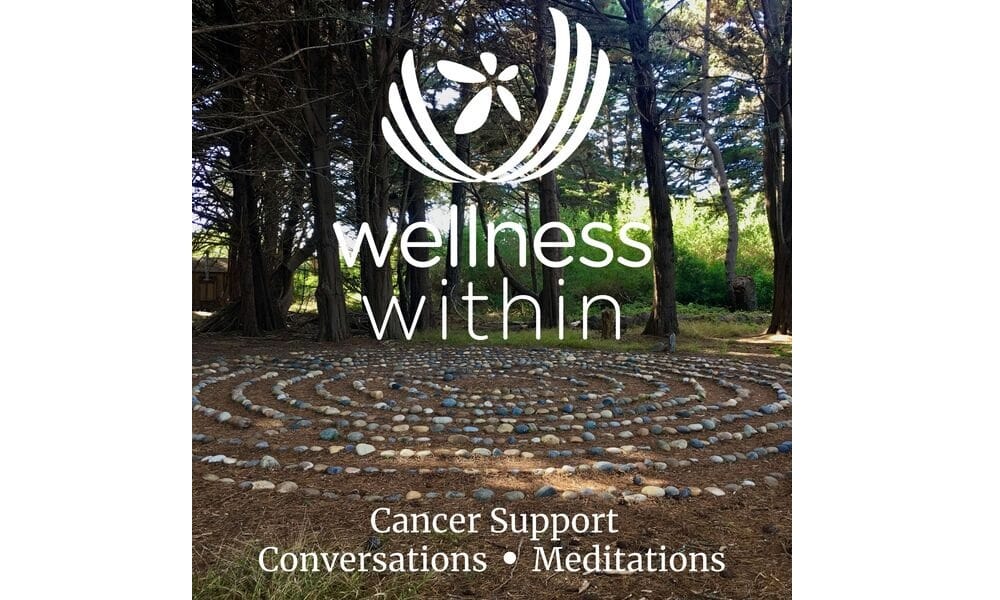Strategies that support effective caregiving
You may want to reframe your role from “caregiver” to “care partner.” This introduces the idea that you are a partner in your loved one’s care, needing and deserving to receive care from them at the same time as you are providing care to them. Strategies that support effective care partnering can be organized into several areas: respectful communication, maintaining appropriate boundaries, openness to learning and growth, being dependable but also being kind to yourself, addressing important issues, and taking time together for joy and relaxation.
We offer some suggestions to consider if you would like support in any of these areas. These guidelines are very general. Your specific circumstances, your personality and your loved one’s personality, and the nature of your relationship will determine which, if any, of the suggestions may help you. If you would like individualized support for specific issues or concerns, you might try reaching out to support hotlines, social workers, or support groups. Listings are available in Finding support for yourself ›
Respectful communication
Embracing clear and kind communication and leaving your loved one in control may help to minimize tension, conflicts, misunderstandings, and feelings of isolation. Clearly expressing feelings and concerns and listening actively without making judgments or assumptions can go a long way in maintaining a positive, proactive, and supportive connection between you and your loved one with cancer.
Questions to consider:
- Can you assure your loved one that they will be a central part of all discussions?
- Can you acknowledge that an adult with cancer has the right to make decisions about their life and their care, as their physical and mental condition allow?
- Are you being honest and respectful in your communication?
It may help to remember that everyone handles things in their own way. Try to be open about stress and its causes: perhaps you can share how you are each coping, look at things that are causing both of you stress, talk about choices you can make together, and try to nurture gratitude for each other.
Maintaining boundaries
Respecting the needs of the person with cancer
As far as possible, allow your loved one some freedom and understand your role as a helper. People with cancer often need to maintain a feeling of independence even while receiving care. Aim to offer choices when you can. At the same time, try to understand and accept your loved one’s limitations. These limitations may be physical, mental, or emotional, and may change day by day or moment to moment.
Questions to consider:
- Do you honor your loved one’s ability to make choices as a basic freedom?
- Do you allow your loved one to do all the tasks they are able to do?
- Do you ask how you can be most helpful instead of making assumptions?
If your loved one expresses anger or frustration, try to understand where this is coming from. They may just be releasing their stress, fears, and worries in the moment and they may not actually be angry with you.
Respecting the caregiver’s needs
At the same time, you and your loved one may need to plan that your own boundaries are safeguarded. You have your own physical, emotional, mental, and spiritual needs, and these need to be considered.
Consider Miki Kashtan’s Caregivers List of Needs as you think about how to nurture your resilience as a caregiver.
Caregivers list of needs
I need to take care of myself.
I need support from others. I recognize the limits of my own endurance and strength.
I need some balance in my life that might include maintaining facets of my own life that do not include the person I care for.
I need spaces where I can express all of my feelings, including the most difficult ones.
I need honest and direct communication with my loved one about both of our needs as we negotiate care.
I need consideration, affection, forgiveness, and acceptance for what I do.
I need to take pride in what I am accomplishing and to applaud the courage it has sometimes taken to meet the needs of my loved one.
I need to find ways of preparing to sustain myself in the time when my loved one no longer needs my full-time help.
I need societal commitment to support caregivers.
I need self-acceptance: to remember that I have needs, limits, and feelings, regardless of how much I love the person I care for, how committed I am to them, or how strong I am.
I need a solid relationship of trust and collaboration with my loved one.
Give yourself breaks to the extent possible. Even a few minutes can help. Feeling stressed, sometimes very deeply, is normal and there are tools that may help. See Finding support for yourself ›
Questions to consider:
- Can you schedule something relaxing and nurturing for yourself every day?
- Can you continue doing activities that bring you joy and meaning?
Be gentle with yourself: know that we all make mistakes or feel anxious in stressful situations. Crying or expressing your feelings with kindness is healthy. It’s okay to prioritize the most important tasks and let go of tasks that are not critical.
Being open to learning and growth
Being open to learning—about your loved one’s cancer, new tasks and responsibilities, and yourself—may make it easier to grow into your role as a caregiver. Time permitting, try to educate yourself about the cancer experience, both generally and specifically for your loved one.
As far as you are comfortable, consider asking your loved one questions about their thoughts and experience, respecting that some topics may be difficult for them to speak about.
Try to be open to learning new tasks like providing medical or physical care, handling paperwork and keeping records, monitoring symptoms and treatment progress, and coordinating with health professionals and others who provide care and support. There may be a learning curve, but resources can guide you.
You might review Common Caregiver Challenges on this page for help with insurance and work issues.
You will likely experience a range of emotions during your caregiving journey. No caregiver is perfect. Collaborate with your loved one to set realistic expectations of yourself, try to be open to any feedback, and be willing to reflect, learn, and grow. Also, be aware that your role and responsibilities may shift as your loved one’s needs and concerns shift.
Questions to consider:
- Do you give yourself time and space to identify and process your feelings?
- Can you identify your strengths and weaknesses as a caregiver?
Take time off work if possible
In the US, the Family and Medical Leave Act › (FMLA) requires employers with 50 or more employees to provide up to 12 weeks of unpaid, job-protected leave for employees who need time off to care for a seriously ill family member.
Being dependable but also kind to yourself
Your loved one needs to be able to rely on you, even though they may find it emotionally difficult to do so.
Questions to consider:
- Can you identify your own limits and capabilities?
- Do you make promises you won’t be able to keep?
It’s easy for others to tell you to take care of yourself, but making this happen can be difficult if your caregiving demands are high. Remember that caregiving is a team effort, and your loved one may feel less guilty if you aren’t carrying the bulk of the tasks. Many caregivers say that they did too much on their own.1National Cancer Institute. Support for Cancer Caregivers: Caring for the Caregiver. National Institutes of Health. October 2019. p. 4. Viewed December 20, 2021. See suggestions in Finding support for yourself ›
Cancer survivor, author, and CancerChoices volunteer guide Lindsay McDonell shares her experiences of what is helpful and what is not in caregiving in an interview on 2×2 Health.
Play videoConversations before the crisis
While it can be tempting to put off difficult topics, you may need to talk with your loved one about what kind of care they want should they lose their ability to direct their own medical care. This may include decisions at the end of life, such as where they want to be cared for and the extent of measures to prolong life.
These conversations may be very stressful, but it’s better to plan ahead rather than to feel rushed and ill-prepared should circumstances change.
These conversations, especially when guided by a professional trained in advance care planning facilitation, can allow your loved one to make their decisions ahead of time and communicate these decisions with their healthcare agent and other loved ones. Then it is not up to others to make these decisions for their loved one, but rather to make sure the person’s decisions are honored.
To make an appointment to talk to an advance care planning facilitator, start with your loved one’s doctor. Medicare now pays primary care practitioners to have this conversation with patients annually. Advance care planning facilitators include oncology social workers, hospice and palliative care teams, and trained advance care planning facilitators.
Other conversations you may need to have with your loved one involve managing your home and finances, the status of your loved one’s estate, any legal or financial obligations or circumstances you need to be aware of, and care of children, other dependents, or pets.
Questions to consider:
- Can you ask your loved one if they are ready to have serious conversations?
- Can you be respectful and inviting of conversations about difficult topics?
Taking time together for joy and relaxation
In addition to taking time out for yourself, include your loved one in activities that provide meaning or pleasure if possible. Make time to focus on things other than cancer. We all need time with our loved ones to simply enjoy each other’s company, to relax, and to laugh together if possible. This may be impossible on some days. But if circumstances allow, try to schedule time for relaxation.
Helpful links

Learn more
References





